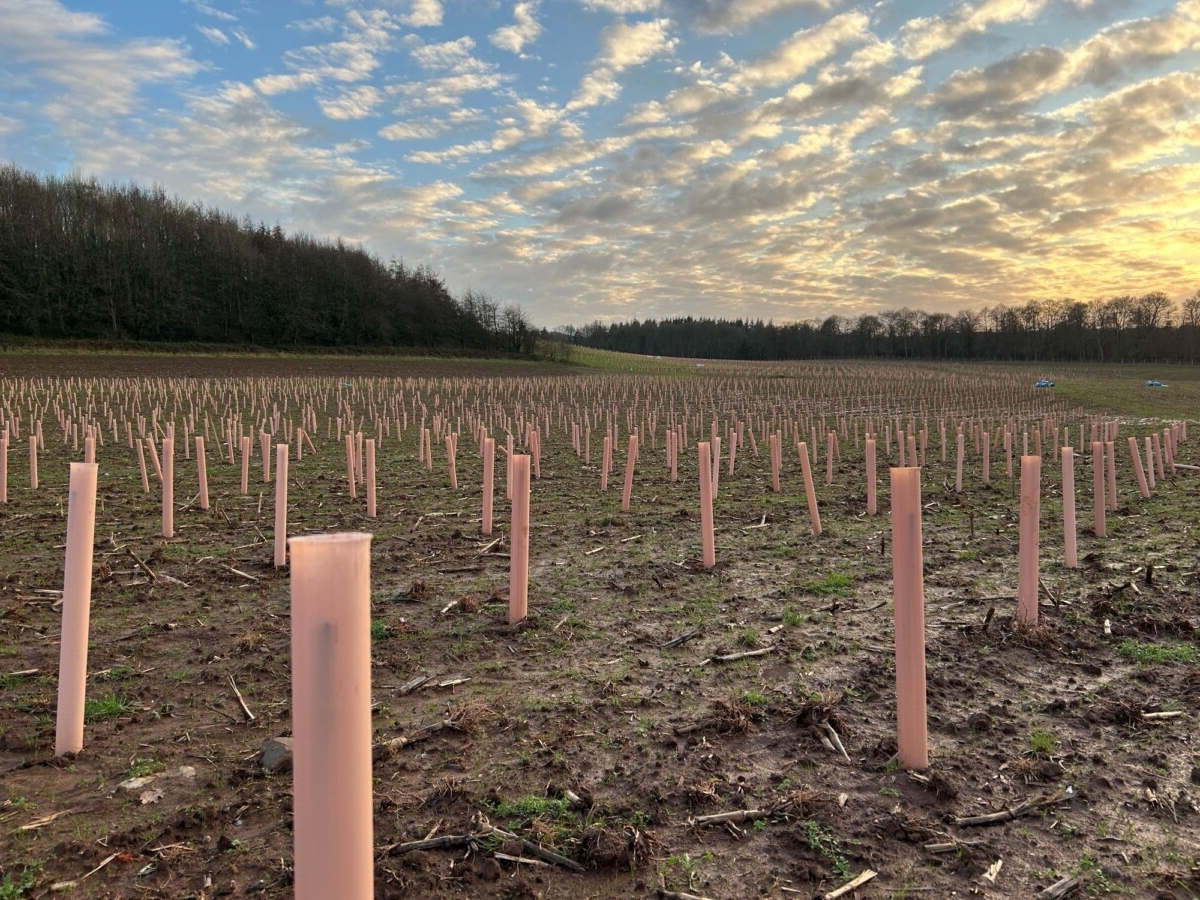 BIGGA, the CMAE, England Golf, Imperial College London and Environmental Solutions International have announced they are working together on a national project to survey the golf sector’s benefits to the environment.
BIGGA, the CMAE, England Golf, Imperial College London and Environmental Solutions International have announced they are working together on a national project to survey the golf sector’s benefits to the environment.
It is estimated that:
• Golf courses in the UK could cover an area equivalent to the Lake District National Park.
• The non-managed areas of golf courses cover an area of just over 1,000 square kilometers, around the same size as the New Forest and Pembrokeshire Coastal Parks combined.
“Golf provides massive benefit to the natural environment and if we can confirm these estimates we will be able to give a more accurate value of the benefits provided to air quality, CO2 absorption, air cooling, flood relief, natural habitat / ecology and community amenity,” said Golf Environment Organisation sustainability associate Tony Hanson MBIFM, PIEMA, managing director of Environmental Solutions International.
“To confirm the value of golf, BIGGA, CMAE and England Golf have been asking members to complete and return a questionnaire covering total site size, close mown area managed areas, broad habitat types, and clubhouse size and consumption for electricity, heating and water.”
The data will be used to:
Provide an overview of golf’s environmental benefits and impacts
Identify the value of golf to the natural environment and community
Help to identify and share best management practices for the natural and built environment, to help reduce operational costs
Make the case for financial assistance and recognition of the golf sector.
“It has become increasingly apparent that there is a disconnection between the various bodies charged by the government to protect and monitor the natural environment and the golf industry associations representing the views of our industry,” added Hanson.
“The questionnaire is designed to take less than five minutes to complete but it will provide invaluable information to allow us to make the case to the statutory bodies, that the golf industry provides a valuable role in the custodianship of the natural environment providing huge benefits to the wider population.”
The idea of a golf sustainability project has been developed over the last few years following extensive discussions between Tony Hanson, Dr David Slawson and Dr Poppy Lakeman Fraser from Imperial College London, and Howard Craft from Burhill Golf and Leisure (BGL).
One of the project’s key elements is to outline the importance of the golf industry to the natural environment, as well as the value of the work provided by the golf industry to manage and enhance the natural elements of its golf courses. There are various schemes available to the farming industry to provide funding for work it undertakes to reduce cultivated land and maintain hedgerows and field margins, but there are no incentives available to the golf industry.
Imperial College London has been exploring the use of Open Air Laboratories’ (OPAL) citizen science surveys to monitor biodiversity and environmental quality of golf courses. The aims are to find a method of measuring and valuing the ‘Natural Capital Value’ provided by the golf industry and to develop a simple method of increasing the area of courses friendly to nature.
“Golf courses offer improved air quality, carbon dioxide absorption, air temperature reduction, rainwater run-off attenuation and a host of other functions provided through the natural processes associated with the habitat and eco-systems maintained by the golf industry,” said Hanson.
“If it is possible for the golf industry to come together and provide the information requested in the ‘Golf Sustainability Project’, we will be in a much better position to make the case for the golf industry to access the various resources available from the non-governmental organisations, charities and academia to help increase knowledge across our industry and potentially to reduce operational impacts and costs.”
To read the full article, click here


























